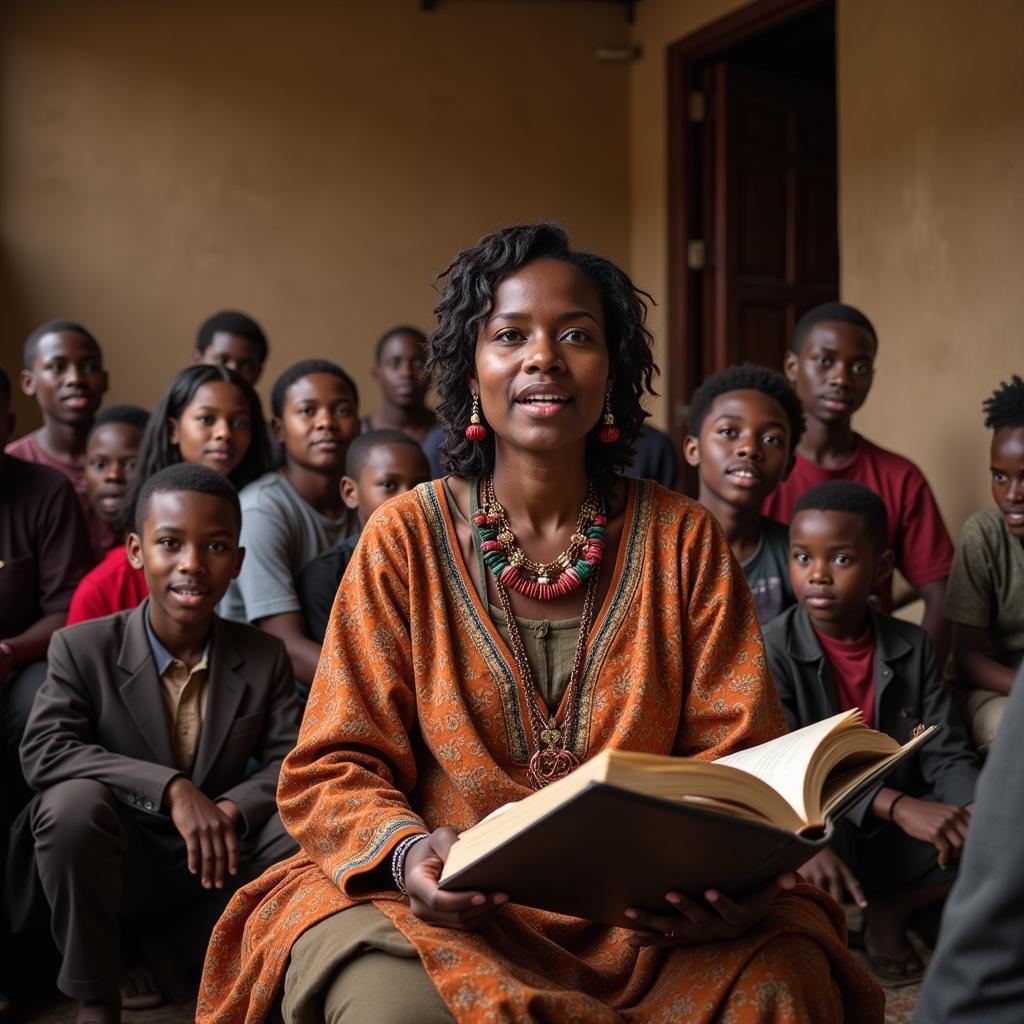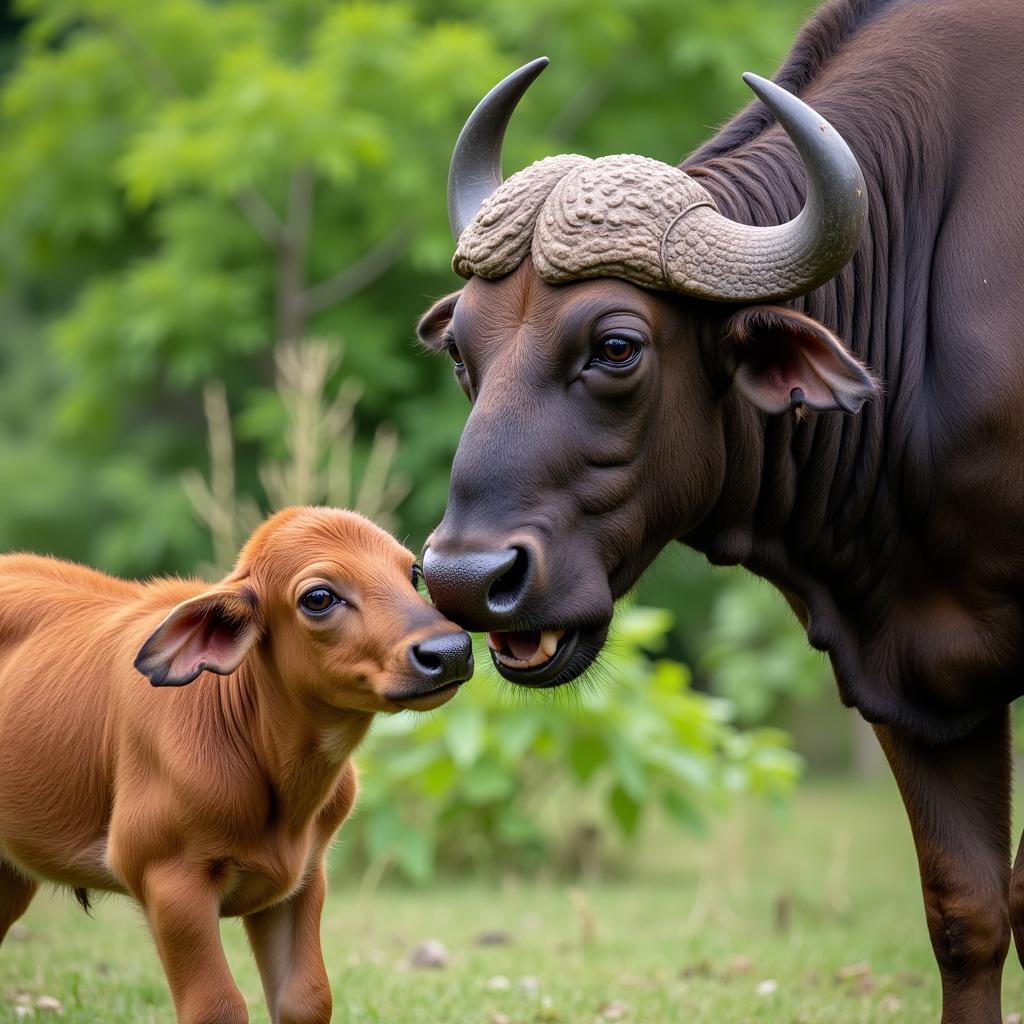Exploring the Rich Tapestry of African Cultures
Africa, a continent renowned for its diverse landscapes and vibrant wildlife, is also home to a rich tapestry of cultures. From the ancient traditions of the Maasai people to the intricate beadwork of the Zulu, African cultures are as diverse as the continent itself. This exploration delves into the captivating world of African heritage, showcasing the beauty and depth of its customs, arts, and traditions.
The Power of Storytelling in African Culture
Storytelling holds a revered place in many African cultures. Passed down through generations, these oral traditions serve as a means of preserving history, teaching moral values, and entertaining audiences. From epic tales of heroes and ancestors to fables about cunning animals, African stories offer a window into the beliefs, values, and worldviews of its people. The art of storytelling is often accompanied by music and dance, creating a captivating and immersive experience.
 An African storyteller captivating an audience
An African storyteller captivating an audience
The Significance of Music and Dance
Music and dance are integral parts of African cultural expression, often intertwined with rituals, ceremonies, and everyday life. From the rhythmic drumming of West Africa to the intricate polyphonic singing of South Africa, African music is as diverse as its people. The use of traditional instruments, such as the kora, djembe, and mbira, adds unique sounds and textures to the music. Dance, often accompanied by singing and drumming, serves as a powerful form of nonverbal communication, expressing emotions, celebrating milestones, and reinforcing social bonds.
The Beauty of African Art and Crafts
African art and crafts reflect the continent’s diverse cultures and traditions. From intricate wood carvings and bronze sculptures to colorful textiles and beaded jewelry, African art is characterized by its bold use of color, symbolic imagery, and skillful craftsmanship. Each region of Africa boasts its own unique artistic styles and techniques, often passed down through generations of artisans.
The Importance of Community and Respect
Community and respect for elders are fundamental values in many African cultures. Family ties are strong, and communities often come together to celebrate milestones, support those in need, and maintain social harmony. Respect for elders is paramount, and their wisdom and guidance are highly valued. This emphasis on community and respect fosters a sense of belonging and shared responsibility.
Conclusion
The vibrant cultures of Africa offer a captivating blend of ancient traditions, artistic expressions, and strong community values. By exploring the rich tapestry of African heritage, we gain a deeper appreciation for the diversity and richness of human experience. The music, dance, storytelling, and art of Africa continue to inspire and captivate audiences worldwide, reminding us of the power of cultural expression and the importance of preserving traditions for generations to come.


